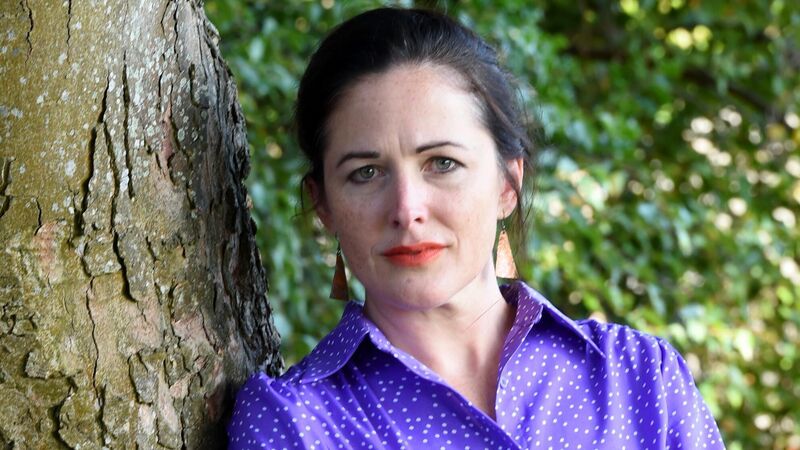Irish Teacher: Ireland is not looking after its most vulnerable children

Jennifer Horgan: The Prime Time episode that shocked the nation last week shouldn’t have surprised anyone.
Before the woman from the Department of Education speaks, I admire the shade of her lipstick. It’s bright pink, brave for a Thursday morning conference. We’re a small group, brainstorming change in our system.
Her pink mouth opens. “I mean, how much money are we spending on special education? Where’s the proof that any of it is working?” She looks pinched. Her lips narrow.
The man between us, a senior employee of a national university replies: “I believe it’s more than the entire budget for further education at this point.”
It takes me a moment to register and respond, to ask how ‘success’ in our support of children with specific needs might be measured.
“Well, I don’t know but other countries do it,” she offers, looking uncomfortable, even more strained than before, like a character in a Roald Dahl Story – like Aunt Spiker in James and the Giant Peach.
Another woman, in primary school education, the type who gracefully keeps everything and everyone on track, asks how it is measured in other countries. The Department woman can’t answer, we move on.
Sadly, this exchange is a fair representation of our Department of Education. I say this because there’s little evidence to suggest otherwise. It’s also a fair representation of our national interpretation of ‘success’. ‘Success’ is getting 600 points. ‘Success’ is studying medicine or finance.
Children with disabilities presumably skew the spreadsheets.
The Prime Time episode that shocked the nation last week shouldn’t have surprised anyone. Gillian and Darren Milne, and their twin sons, Ryan and Kyle, left without a school place until the episode aired, represent many.
Google quickly and you’ll see. In a Westmeath newspaper, Claire Earley in Athlone describes having to home-school or drive 45km to provide her autistic child with education. On RTÉ radio, Aisling Beagley describes the possibility of every child in her busy estate leaving for school at the start of September while her daughter stares out the window of their Dublin 15 home.
Ireland is not looking after its most vulnerable. Our shock is inexcusable because deep down, we know it.
Our Department of Education certainly does. Josepha Madigan, Minister for Special Education and Inclusion, was quick to respond to the Prime Time episode. She announced, as if affronted by new information, that there was “no other option” but to take “substantive action,” to be certain that “every child gets the supports they need.”
This means issuing section 37a notices to schools to force them to open special classrooms, an addition to the Education Act in place since 2018. Why then, is Madigan only bringing it to the headlines now?
And as Gareth Noble, children’s rights lawyer points out, this is not necessarily the answer.
We also need trained personnel. We need adequate resources. Primary schools are doing far better than secondary schools in providing special classes, but report being overwhelmed and under-resourced.
Secondary schools are potentially afraid to follow. Or perhaps some prefer to remain ‘academic’, to look successful on league tables. The fact that most special classes in Cork and Dublin are in less affluent areas is bone-chilling.
But these stories, these struggles, are everywhere. They have nothing to do with money or socio-economic background. Graham Manning, a tireless campaigner, recently spoke to this paper about the very real damage done to children who must travel beyond their own communities to access appropriate services.
“They make friends in primary school and have great difficulty maintaining that because they are spending their days in secondary school far away and friendships they make at the secondary school are difficult because they are living anything up to 50km away from their schoolmates.”
These stories are not new. They are overwhelming. Anyone in education knows them. Meanwhile, I find myself in a circle of educational enthusiasts and more than one is complaining about money wasted on children with additional needs.
Thankfully, I find comfort in my own school, where the principal, staff, and SENCO fight tirelessly to support individual students. This week, our first group of sixth years, leave us. We’ll miss them.
I’ve no idea what success will look like for any of them. In truth, I’m not sure how successful I’ve been as their teacher. But, if we’re smiling on their graduation night this Wednesday, sharing photos and videos of our time together, I’ll be inclined to think we’re coming pretty close.







